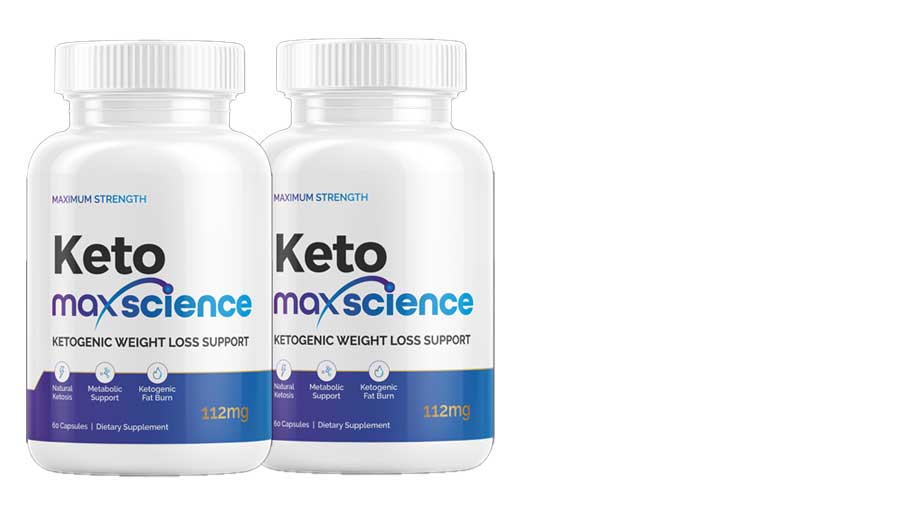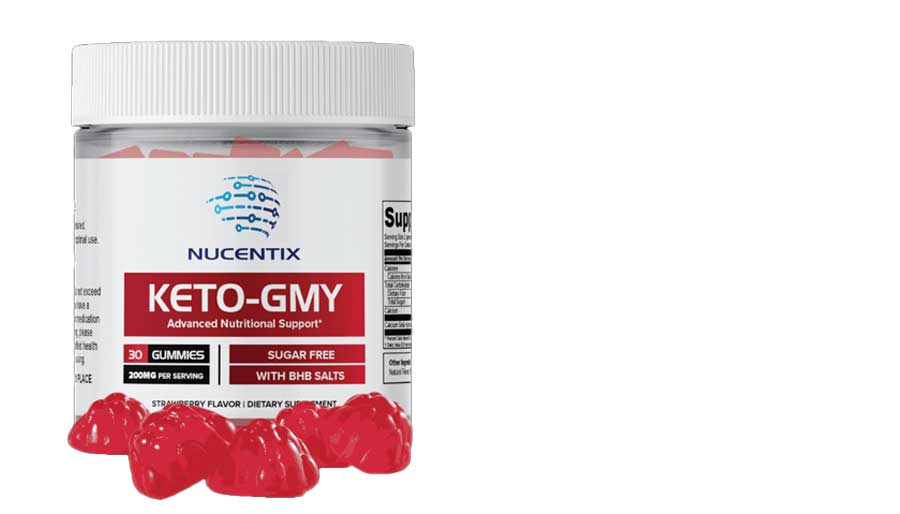
RESVERATROL / 3,5,4′-trihydroxy-trans-stilbene
What is it?
> Scientific/Other Names: 3,5,4′-trihydroxy-trans-stilbene
> Supplement Type: Polyphenol
> Taken as: Capsule, tablet, liquid
Resveratrol is a naturally occurring polyphenol found in the skin of red grapes, berries, and peanuts. It has gained a lot of attention for its potential anti-aging and disease-fighting properties, plus it’s presence in red wine has also resulted in a lot of media interest and debate. As a powerful antioxidant, resveratrol may protect your cells against daily stressors that contribute to aging, and fight off illness. However, while there have been numerous studies documenting the exciting potential of resveratrol – much of the research on resveratrol has been performed on animals or in test tubes, using very high dosages of the of the compound supplement.
What are the benefits of taking Resveratrol?
Resveratrol benefits are thought to include:
- Powerful antioxidant – protects cells from oxidative damage caused by free radicals, potentially reducing the risk of chronic diseases.
- Support cardiovascular health – by enhancing endothelial function, reducing blood pressure, and lowering cholesterol levels
- Anti-inflammatory – inflammation is a common underlying factor in many chronic conditions
- Improve insulin sensitivity for people with Type 2 diabetes
- Promote longevity and protect against age-related diseases
How does it work?
Resveratrol is believed to exert its effects through several mechanisms, including activation of sirtuins (proteins associated with aging), reduction of oxidative stress by scavenging free radicals, and anti-inflammatory actions by inhibiting certain enzymes and pathways involved in inflammation. It may also improve endothelial function, which is beneficial for cardiovascular health, and enhance insulin sensitivity, potentially aiding in blood sugar regulation.
What is oxidative stress?
Think of oxidative stress like rust on metal. When your body processes oxygen, it creates byproducts called free radicals. These free radicals can damage cells, a lot like how rust damages metal. This damage can lead to various health problems, aging, inflammation, and diseases. Oxidative stress happens when there’s an imbalance between free radicals and antioxidants, which normally neutralize them.
> See our guide on Supplement Mechanisms
Is there evidence that it helps with weight loss?
> Clinical Trials: Numerous studies, including human trials
> Test Size: Medium (50-250 participants)
> Results: Research suggests that resveratrol may provide cardiovascular benefits, such as improved endothelial function and reduced blood pressure. Studies also indicate potential anti-inflammatory and antioxidant effects.
However, the evidence for its role in promoting weight loss is lacking.
See our guide on trial sizes.
What is the effective dose of Resveratrol?
What constitutes an effective does of resveratrol is unclear. Common dose ranges from 150 to 500 mg per day however, the dosages in most resveratrol supplements are typically much lower than the amounts that research has shown to be helpful.
To get the dose used in some studies, people would have to consume 2 grams of resveratrol (2,000 milligrams) or more a day.

So, does it work?
OK, but is it safe?
- Generally considered safe at recommended doses
- Possible side effects: gastrointestinal issues such as diarrhea and stomach pain
- High doses might interfere with blood clotting and interact with anticoagulant medications
- Should be used with caution in individuals taking blood-thinning medications or those with bleeding disorders
References
1. Resveratrol improves insulin sensitivity, reduces oxidative stress and activates the Akt pathway in type 2 diabetic patients
2. Cardioprotection by resveratrol: A human clinical trial in patients with stable coronary artery disease
3. The Effect of Resveratrol on Blood Lipid Profile: A Dose-Response Meta-Analysis of Randomized Controlled Trials


